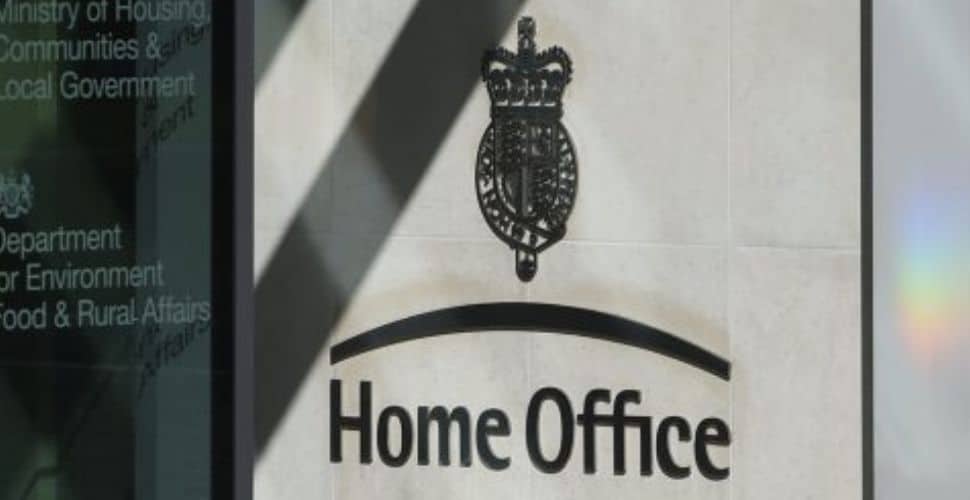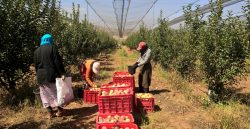New figures show the number of potential trafficking victims in the UK has reached an all-time high—but campaigners warn the system meant to support them is failing. Long delays, poor decision-making, and lack of trust in the government’s protection framework are leaving survivors in limbo, some for years.
Referrals climb while faith in the system declines
The number of potential victims of modern slavery referred into the UK’s protection system reached its highest annual level on record last year. This trend has only continued into 2025.
Between April and June 2025, 5,690 people were referred to the UK’s National Referral Mechanism (NRM)—the highest number in a single quarter since the system began in 2009, and a 32% rise from the same period last year. The majority were men and boys, many exploited through criminal and labor exploitation, while women more often reported sexual exploitation.
But while the number of referrals is rising, survivor support is lagging. As of June, over 11,500 people were still awaiting a final decision after receiving an initial positive finding. The average wait is 304 days, but some survivors are left waiting up to five years. This is a long time to be cut off from work, housing and legal status.
The Independent reports,
Independent anti-slavery commissioner Eleanor Lyons argued the system as it stands is not working for victims.
She said: “Today’s figures show that a record numbers of victims of modern slavery are being exploited on our streets and in our communities.”
Systemic failure, years in the making
Advocates say these failures are not new. The UK’s 2015 Modern Slavery Act was once hailed as a global model. However, it places no legal duty on the government to provide support to survivors and has since been undermined by increasingly hostile immigration policies. The 2023 Illegal Migration Act barred many survivors from protection based on how they arrived in the country, regardless of whether they were trafficked.
Meanwhile, survivors and support organizations have reported growing distrust in the system. Some avoid entering the NRM entirely, fearing detention, deportation, or years of uncertainty.
Survivors deserve better
A truly effective strategy must address the conditions that make people vulnerable to exploitation in the first place. These include poverty, lack of secure immigration status, exclusion from work and housing, and the criminalization of survival. That means ensuring safe migration pathways, decriminalizing sex work, ending punitive immigration measures, and expanding survivor support—not only after.
We’re calling for a shift in focus: from reacting to trafficking after the fact, to preventing it at the source.







Freedom United is interested in hearing from our community and welcomes relevant, informed comments, advice, and insights that advance the conversation around our campaigns and advocacy. We value inclusivity and respect within our community. To be approved, your comments should be civil.
So sad, our current system is broken. People in gov., the FBI, DOJ, etc., no one talks about the 354,000 children that are missing. That’s a lot of kids! Those in power should be held accountable!!! Where are the parents of these”missing children”?